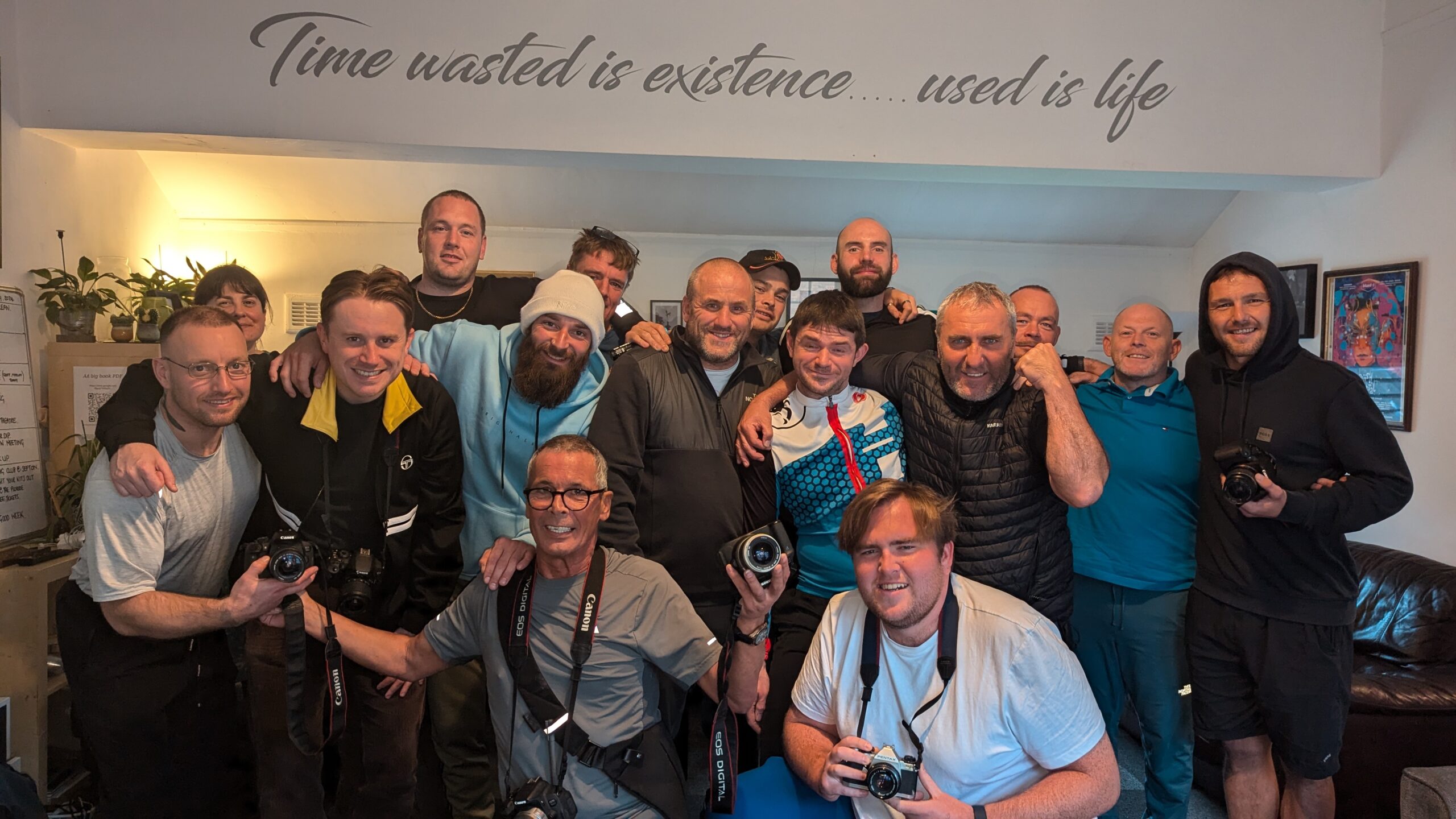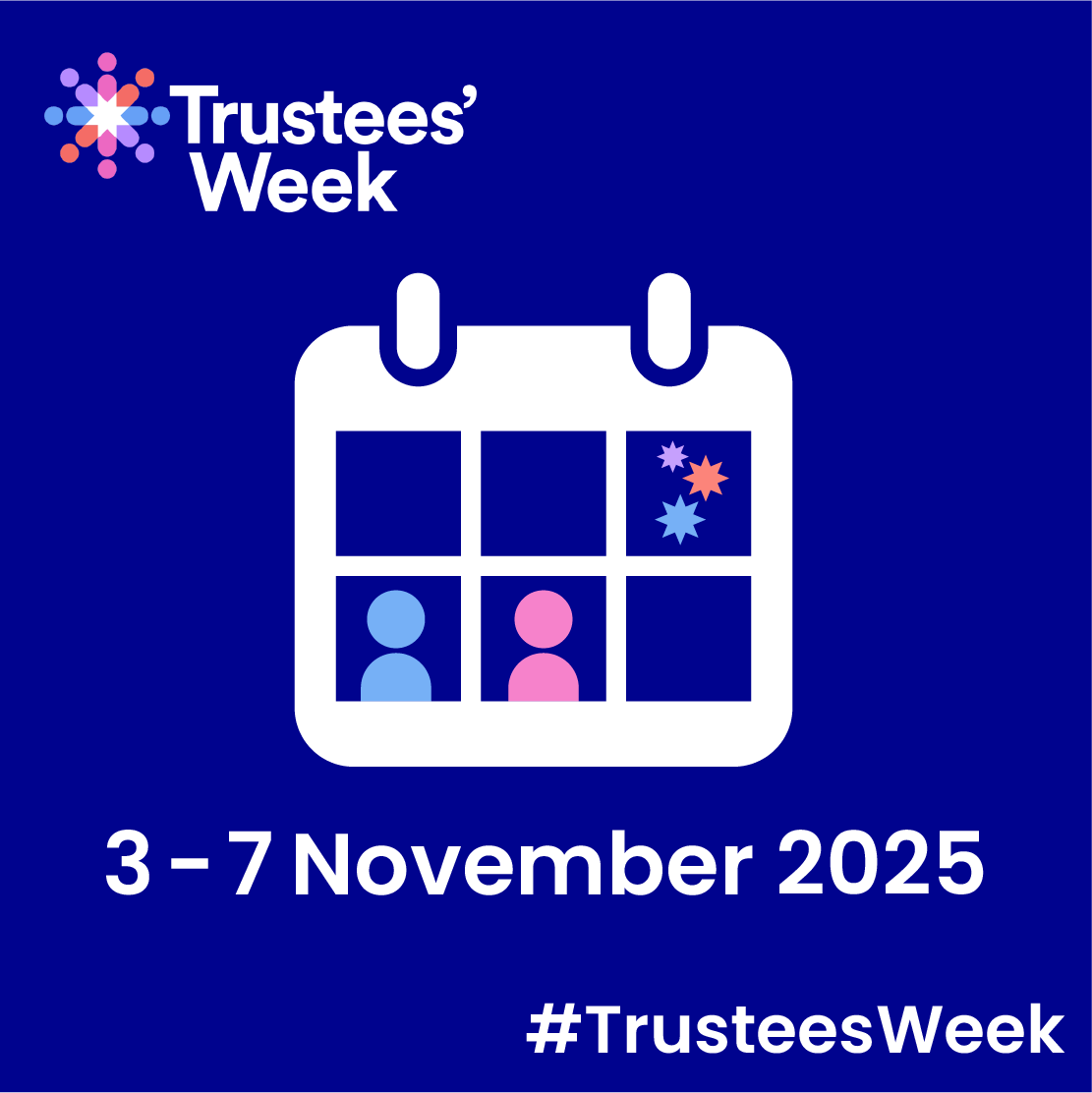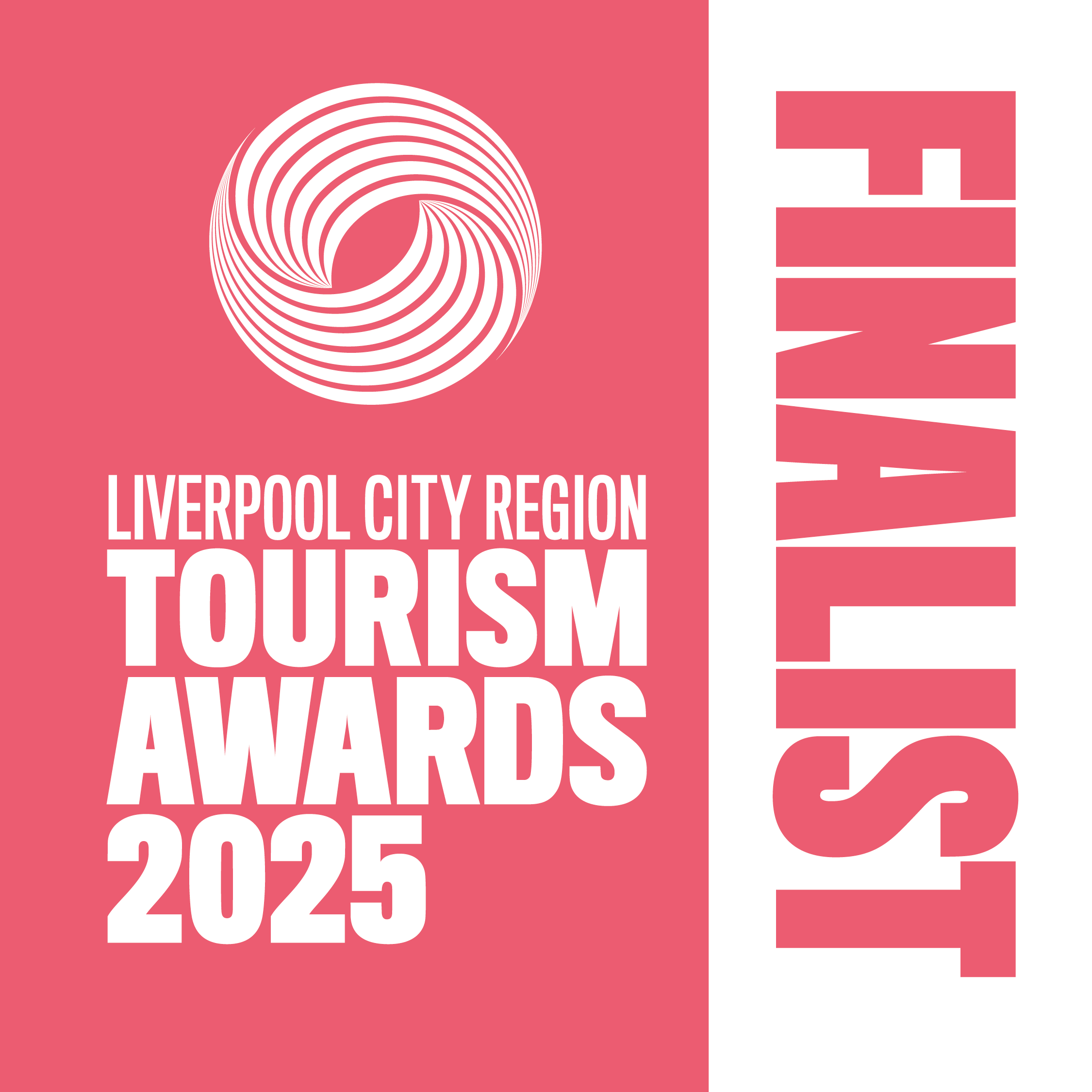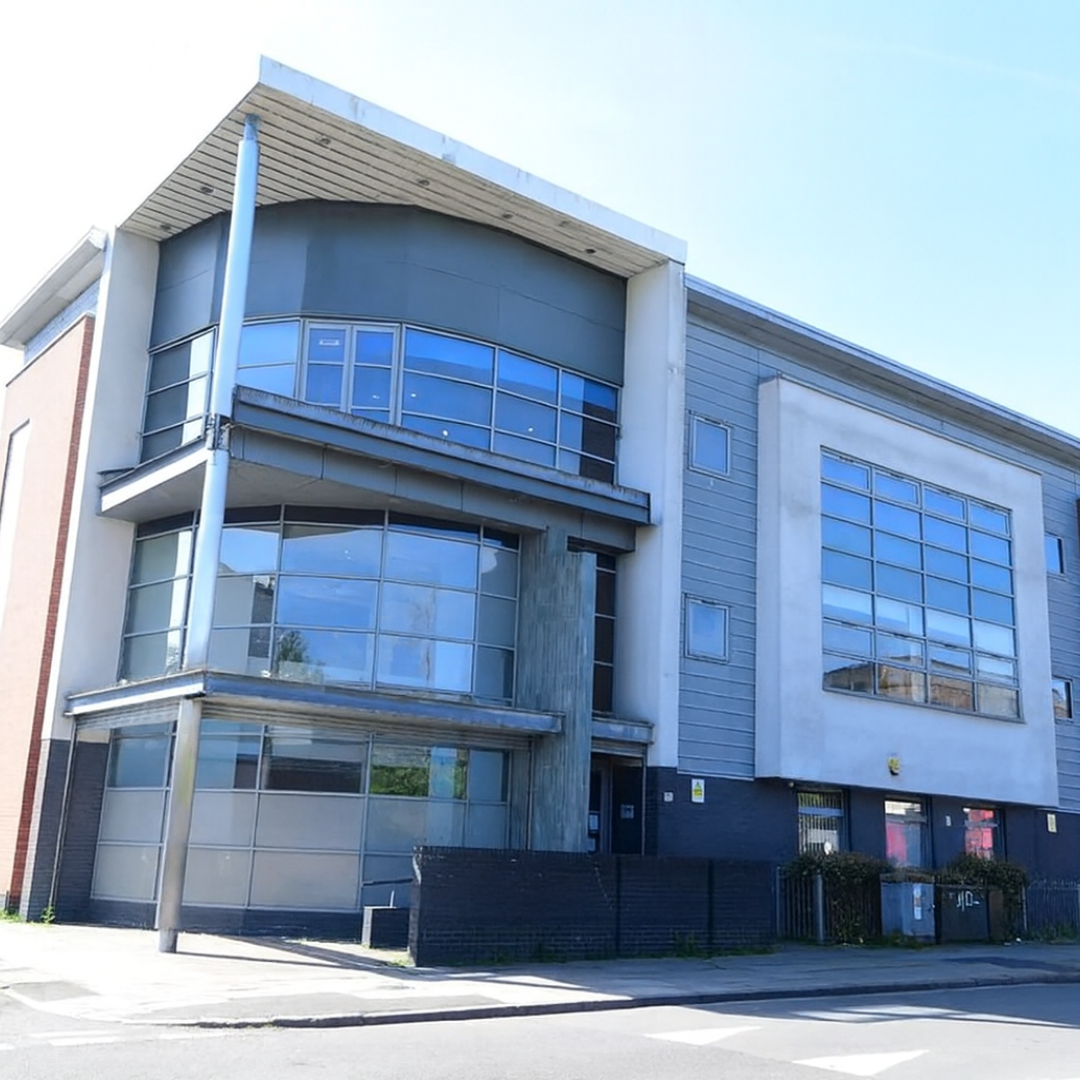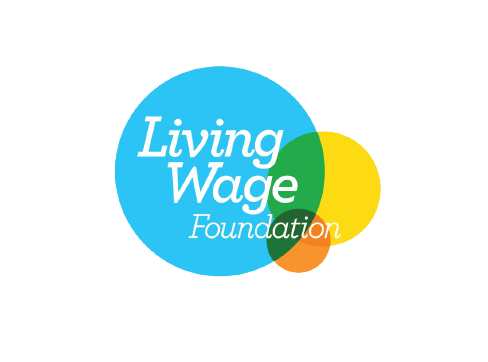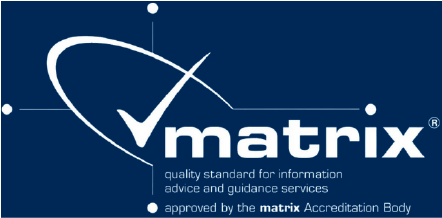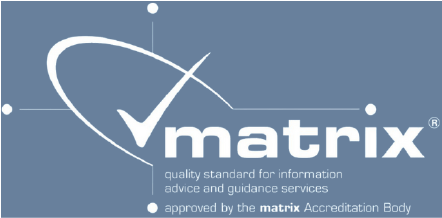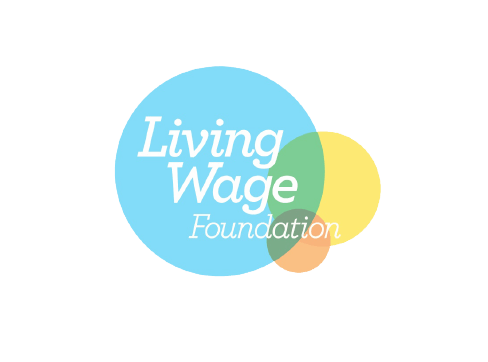Over the past few months, I have had the pleasure of visiting some of the groups that have received grants from our Community Empowerment Fund. From orchards to church halls, Rainbows to boules each visit has been unique and has helped me to understand the positive impact a (relatively) small grant can have on a community. Today’s visit has been different. Not only have I heard first-hand how a grant can make an impact, but I have also come away highly impacted.
Damien John Kelly (DJK) House is tucked away on a busy high street in plain sight of the community. It is the temporary home for 16 men recovering from drug and alcohol addiction. All of the men arrive after time spent in rehabilitation, they are physically clean of the substance that they had been addicted to but mentally unprepared to return to the community and the life that they had previously lived in.
The room that I meet the group in has a large timetable pinned to the wall. A weekly schedule of 20 activities that the group must engage in that week from 8am to 7pm. The list includes time on an allotment, cold water swimming, a pool competition and a trip to the theatre, the activities are compulsory. Residents are not allowed to stay in their rooms unless they are ill; isolation feeds addiction and activities reduce isolation. Or, in the words of one of the men, ‘The Board opens the world up’.
The activity I take part in is the weekly Art group, the grant they received from the Community Empowerment Fund has paid for 5 digital cameras and other art supplies including 2 potter’s wheels, paints and canvases. The session starts with all group members folding a piece of paper 7 times to create a mini booklet. The men are asked to use each small page of the book to explore their recovery journey. They are encouraged to write, draw, insert photos they have taken into the pages of the book. Eventually the work will be transferred on to larger pieces of paper that will form a collaborative book of experiences and individual journeys.
As the group gets on with the task there is a gentle hum of chatter across the room. People break off into smaller groups, some engaged in conversation and some just listening, words and drawings slowly appearing on the pages. One man admits that he did not sleep well because he misses his daughter another man offers words of encouragement and support. Another man is writing down a list of questions he would like to ask his Dad who abandoned him when he was a child. It becomes very clear that the end product is not the most important outcome. The art session, like all of the other activities, is a vehicle to connect with others and share experiences, or as the session leader described it, ‘an opportunity to use recovery values in a creative setting; open mindedness, willingness and honesty’.
Geoffrey is in his sixties and has been at DJK house for 23 months. He tells me about how he had been an addict for nearly his whole life, in and out of rehab across the world. As an addict he would dread waking up in the morning because he knew his addiction would rule his day. His world was so small containing only drink and drugs. When he tells me that he has a date to leave DJK house, I ask him if he is anxious about leaving and he replies immediately with conviction and confidence, ‘As an addict I could only do 2 things. Living here and taking part in so many activities has pushed me out of my comfort zone, and I have taken part in so many things that I have would never had done before. It has opened up my world, now I look forward to waking up because there are so many things for me to do- and only 2 that I can’t do!’.
One of the activities on a Friday is the End of the Week meeting. Residents must share three things; 1. What they have learnt in that week, 2. What has impacted them in that week, 3. What they appreciate that week. Geoffrey describes this as a way of ‘keeping behaviour in check together’. It can often be a painful experience and one that provokes difficult conversations but what is clear, even from my brief visit, is that it is a safe space and that each man has the support of every other person in that group and that together they can work through their challenges.
The visit had a real impact on me and so I feel inspired to share my own points from the week;
1. I have learnt that I am very similar to the men living at DJK House; when I am struggling my response is to isolate, stay at home, retract from the world and it is not helpful to my state of mind. I need weekly activities for my own mental health.
2. I have been impacted by the men that I met. By their commitment to beat their addictions by confronting the reasons that they turn to drugs or alcohol, by the support that they offer each other.
3. This week I appreciate the diversity of my role and the opportunities it gives me to open up my own world; to people and challenges that other people face every day and to learn from them.
Jenny Snell
Head of Business Development & Impact

